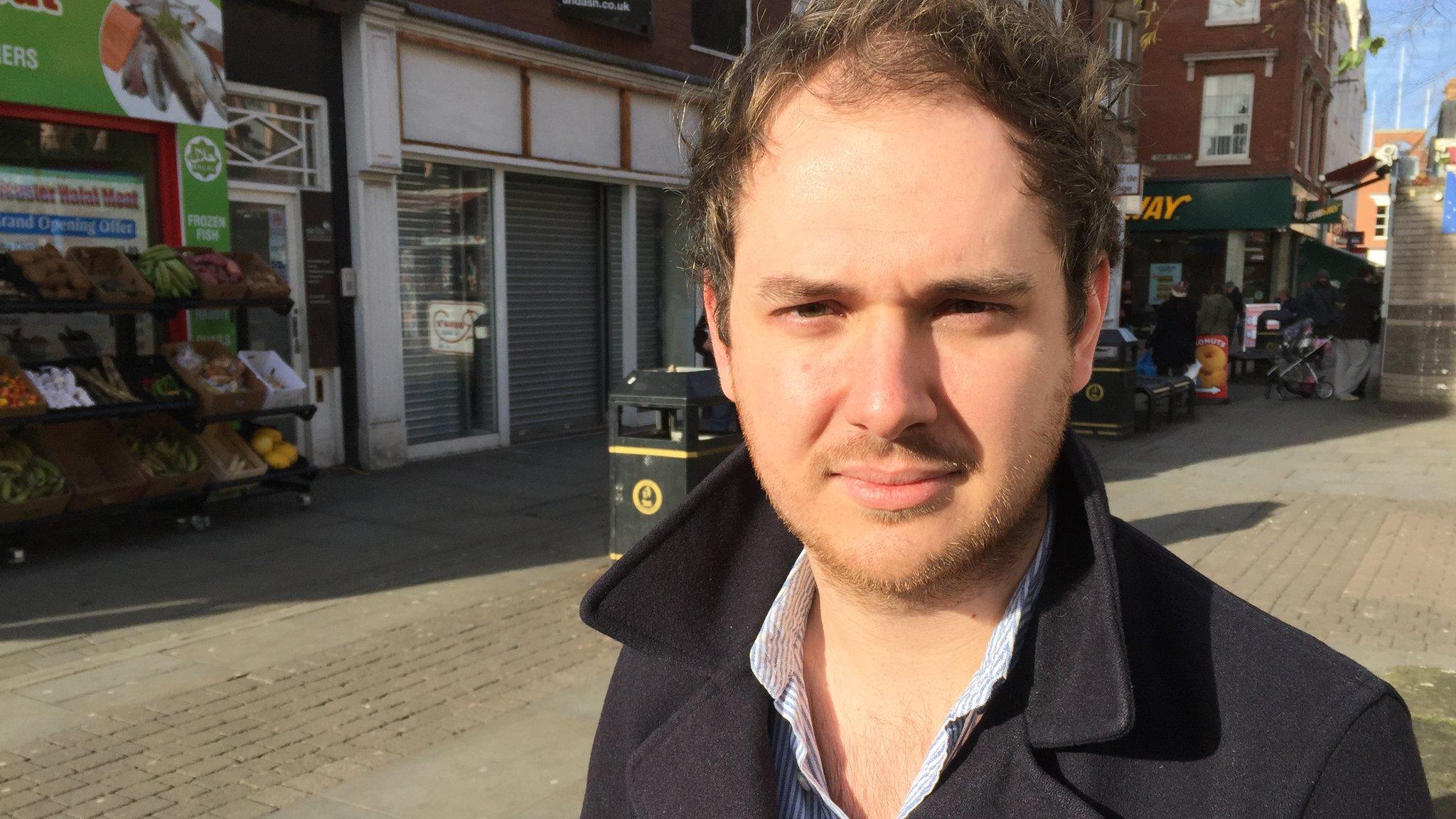Two million workers could become eligible for statutory sick pay
- Published

Two million low-paid workers could receive statutory sick pay for the first time.
Currently, employees must earn at least the equivalent of 14 hours on the minimum wage to qualify. But the government is looking at whether to extend eligibility to those earning below this threshold.
There could also be more help for those returning to work after sick leave.
The government has launched a consultation on the proposed changes.
Health Secretary Matt Hancock said: "We need to remove the barriers that stop people with disabilities or health conditions from reaching their full potential - these steps will help us achieve that."
Workers need to earn at least £118 a week to receive statutory sick pay, although the threshold is reviewed every tax year.

Gig economy companies such as Deliveroo employ staff on short term contracts that do not offer holiday or sick pay
The Department for Work and Pensions said the proposals would cover "gig" workers on freelance or short-term contracts, as long as they met certain criteria.
About 1.1 million people in the UK are considered gig economy workers, receiving little or no holiday or sick pay from their employers.

Sick pay: What are my rights?
To qualify for statutory sick pay (SSP) you must be classed as an employee
Agency workers are also entitled to SSP
You need to earn at least £118 per week to be eligible for SSP
You need to have been ill for at least four days in a row, including non-working days to claim SSP
SSP is £94.25 a week. If your employer has a sick pay scheme you may get more
The maximum amount of time you can claim SSP for is 28 weeks

Phased returns to work
The government is also looking at making statutory sick pay more flexible, as it seeks to reduce the number of people quitting work after a period of sickness.
Each year more than 100,000 people leave their job after a sickness absence lasting at least four weeks, it said.
It will explore allowing phased returns to work, in which people would continue to receive statutory sick pay, as well as offering small businesses who help employees return to work a rebate.
It will also consider whether to change legal guidance to encourage employers to intervene early during a period of sickness absence.
For example, employees could be given the right to request modifications to their working patterns - similar to the right to request flexible working - to help them return to work.
Matthew Fell, chief UK policy director at lobby group the CBI, said managing sickness absence effectively made "good business sense".
- Published1 November 2018

- Published6 February 2017
